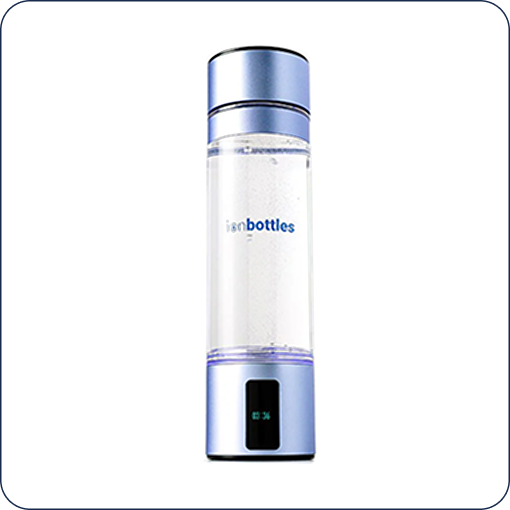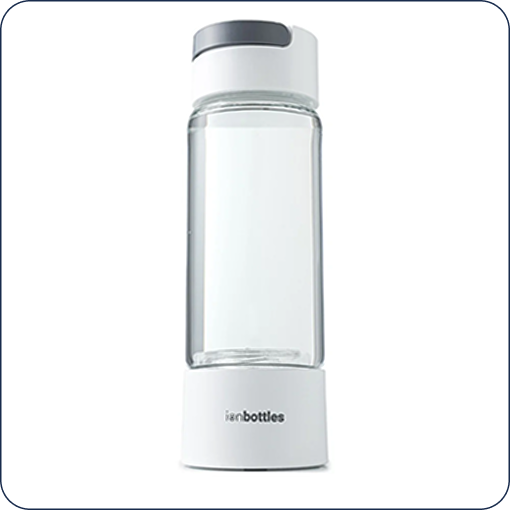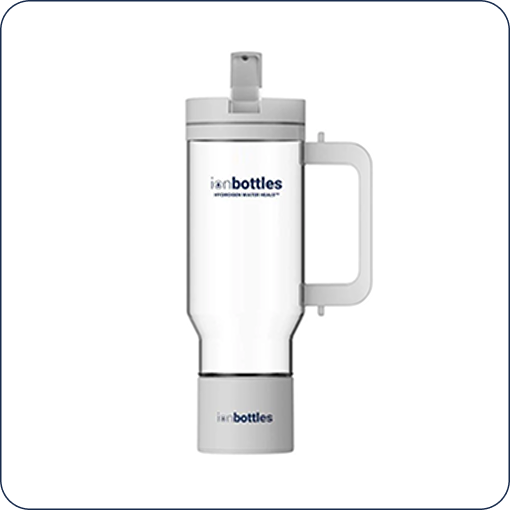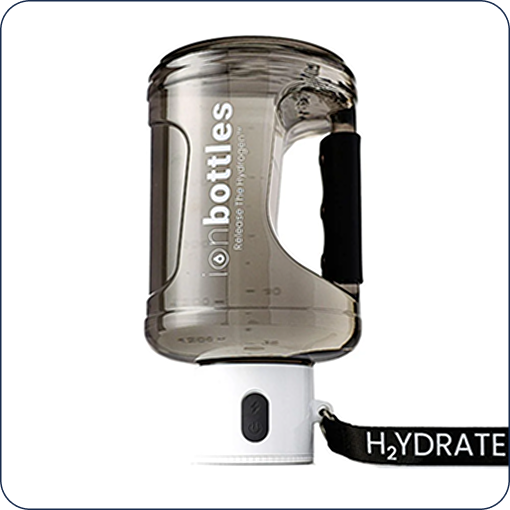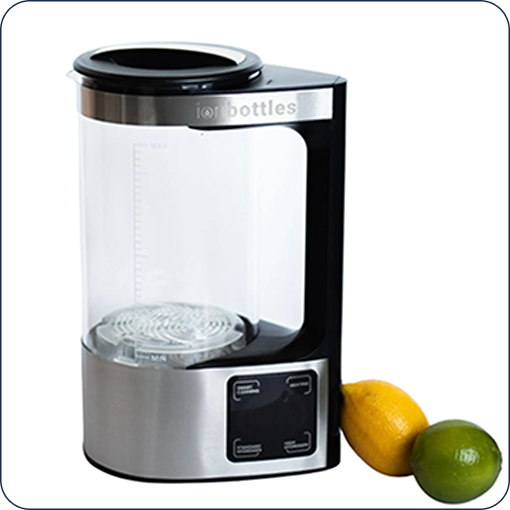Study Shows Potential Benefits of Hydrogen Water for Soccer Players
A recent study conducted on 10 soccer players has shed light on the potential benefits of hydrogen water in improving athletic performance and reducing muscle fatigue.
The study, published in the Journal of Sports Science and Medicine, involved 10 male soccer players who were randomly assigned to either a hydrogen water group or a placebo group. The hydrogen water group was given 1 liter of hydrogen-rich water to drink daily for one week, while the placebo group was given regular tap water.
Before and after the one-week intervention period, the players underwent a series of tests to measure their athletic performance and muscle fatigue levels.

Results of the Study
The results of the study showed that the soccer players who drank hydrogen water had improved sprint times compared to those in the placebo group. Specifically, their average 20-meter sprint time decreased by 2.7% after drinking hydrogen water for one week.
In addition, the players who drank hydrogen water also reported less muscle soreness and fatigue after training sessions compared to those in the placebo group. This suggests that hydrogen water may have anti-inflammatory properties that can help reduce exercise-induced muscle damage and promote faster recovery.
How Does Hydrogen Water Work?
Hydrogen water contains dissolved molecular hydrogen gas (H2) that acts as a powerful antioxidant in the body. When consumed, it can neutralize harmful free radicals that are produced during exercise and contribute to oxidative stress and inflammation.
By reducing oxidative stress and inflammation, molecular hydrogen may help improve athletic performance and reduce muscle fatigue. It may also have other health benefits such as reducing risk factors for chronic diseases like cancer, diabetes, and heart disease. IonBottles offers a wide range of products that produce 99.99% pure molecular hydrogen in water or inhaled as a gas.
Limitations of the Study
It's important to note that this study had some limitations. This was the first of its kind, it was a small study involving only 10 soccer players which makes it difficult to generalize these findings to larger populations or other sports.
